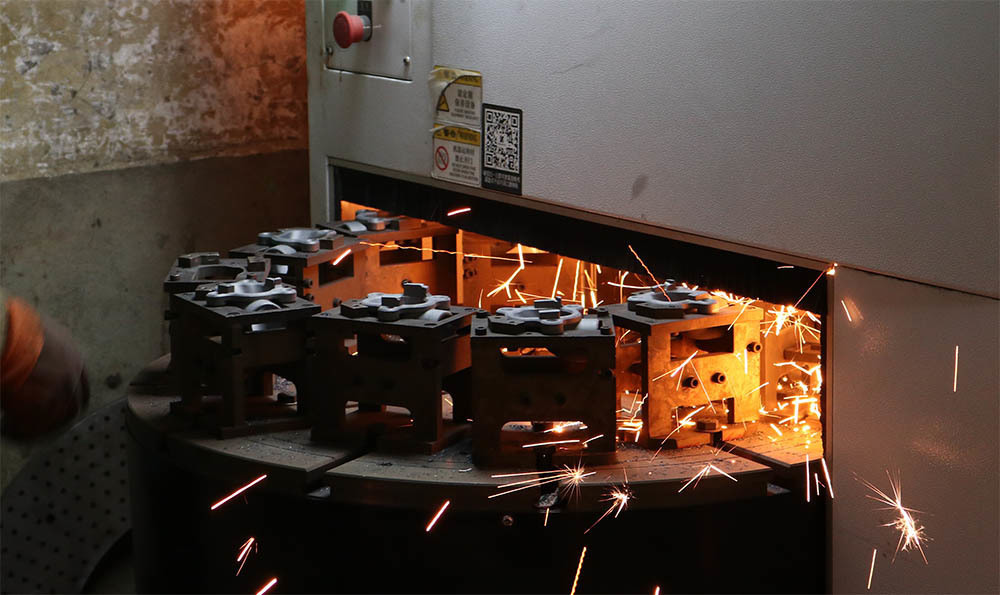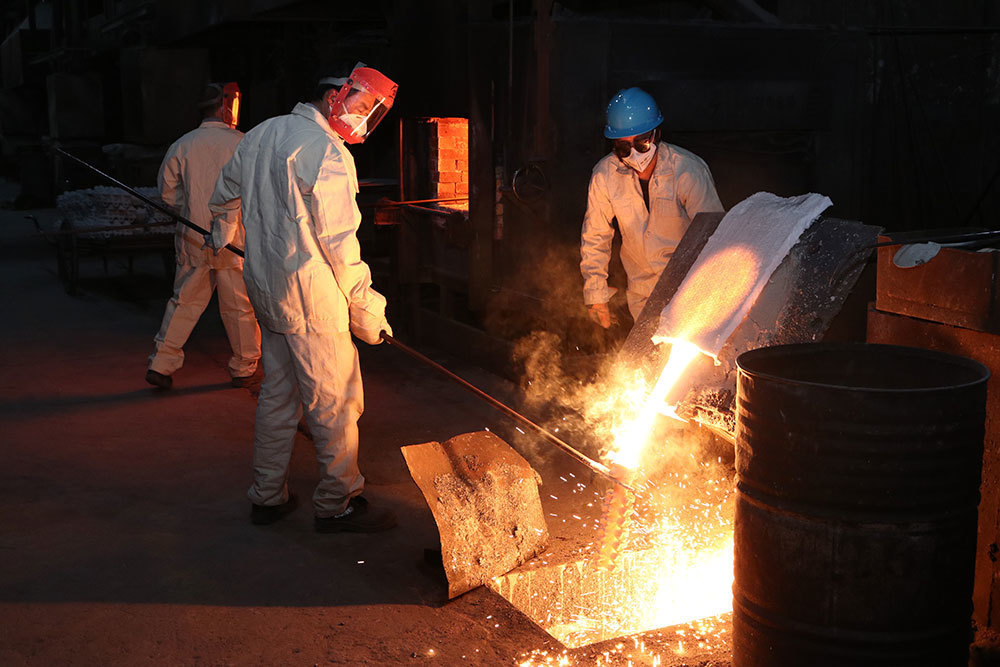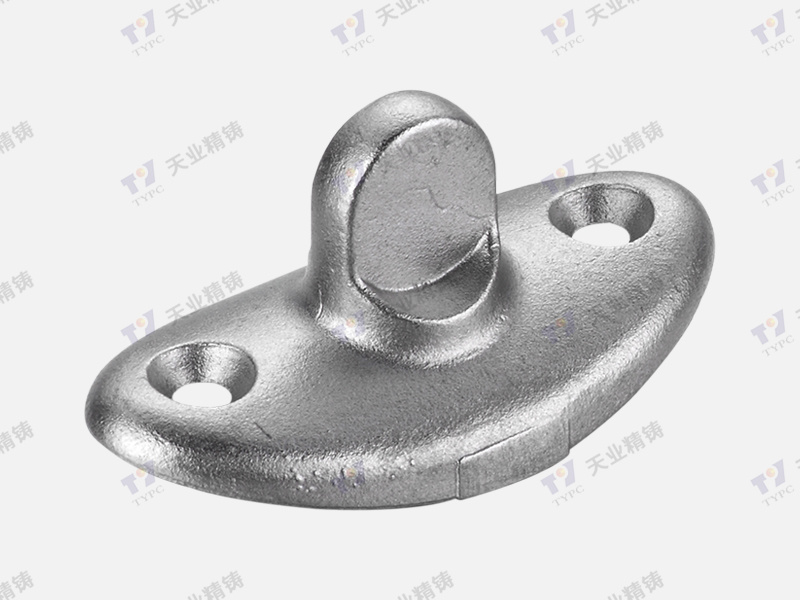2025-05-14
Understanding Copper Alloy Die Castings in Automotive Electrical Components
Copper alloy die castings play a crucial role in the manufacturing of automotive electrical components, providing a blend of strength and conductivity that is essential for reliable performance. Copper alloys, such as brass and bronze, are primarily used in these applications due to their excellent electrical properties, resistance to corrosion, and good machinability. These features make them ideal for components that require both durability and efficiency.
One of the key advantages of using copper alloys in die casting is their superior thermal and electrical conductivity. This characteristic is vital for automotive electrical components, which often operate under conditions that require quick dissipation of heat and efficient energy transfer. By utilizing copper alloy die castings, manufacturers can ensure that components such as connectors, terminals, and circuit boards function optimally, minimizing the risk of overheating and electrical failures.
In addition to conductivity, copper alloy die castings offer impressive mechanical properties. They exhibit high strength and hardness, making them suitable for components that need to withstand mechanical stress and wear. This is particularly important in automotive applications where components may be subject to vibration, impact, and other dynamic forces. The durability of copper alloys ensures a longer lifespan for the components, contributing to overall vehicle reliability.
The die casting process itself is also a significant factor in the appeal of copper alloys. Die casting allows for the creation of complex shapes with high precision, reducing the need for extensive machining and finishing processes. This efficiency not only lowers production costs but also enhances the consistency and quality of the final products. For automotive manufacturers, this means faster production times and the ability to meet stringent design specifications.
When considering copper alloy die castings for automotive electrical components, it is essential to account for factors such as alloy selection, design requirements, and the specific casting techniques employed. Different copper alloys can offer varied benefits depending on the intended application, so understanding the properties of each alloy is crucial for making informed decisions.
In conclusion, copper alloy die castings are a vital component in the automotive industry, particularly for electrical applications. Their excellent conductivity, mechanical strength, and the efficiency of the die casting process make them an attractive choice for manufacturers. By recognizing the advantages of copper alloy die castings, professionals in the automotive sector can improve the performance and reliability of their products, ultimately leading to enhanced vehicle safety and user satisfaction.
One of the key advantages of using copper alloys in die casting is their superior thermal and electrical conductivity. This characteristic is vital for automotive electrical components, which often operate under conditions that require quick dissipation of heat and efficient energy transfer. By utilizing copper alloy die castings, manufacturers can ensure that components such as connectors, terminals, and circuit boards function optimally, minimizing the risk of overheating and electrical failures.
In addition to conductivity, copper alloy die castings offer impressive mechanical properties. They exhibit high strength and hardness, making them suitable for components that need to withstand mechanical stress and wear. This is particularly important in automotive applications where components may be subject to vibration, impact, and other dynamic forces. The durability of copper alloys ensures a longer lifespan for the components, contributing to overall vehicle reliability.
The die casting process itself is also a significant factor in the appeal of copper alloys. Die casting allows for the creation of complex shapes with high precision, reducing the need for extensive machining and finishing processes. This efficiency not only lowers production costs but also enhances the consistency and quality of the final products. For automotive manufacturers, this means faster production times and the ability to meet stringent design specifications.
When considering copper alloy die castings for automotive electrical components, it is essential to account for factors such as alloy selection, design requirements, and the specific casting techniques employed. Different copper alloys can offer varied benefits depending on the intended application, so understanding the properties of each alloy is crucial for making informed decisions.
In conclusion, copper alloy die castings are a vital component in the automotive industry, particularly for electrical applications. Their excellent conductivity, mechanical strength, and the efficiency of the die casting process make them an attractive choice for manufacturers. By recognizing the advantages of copper alloy die castings, professionals in the automotive sector can improve the performance and reliability of their products, ultimately leading to enhanced vehicle safety and user satisfaction.









